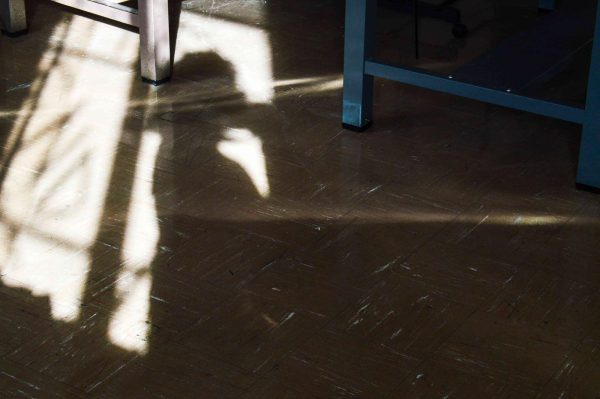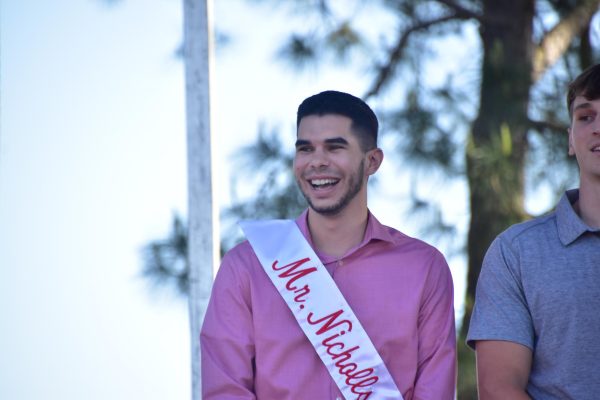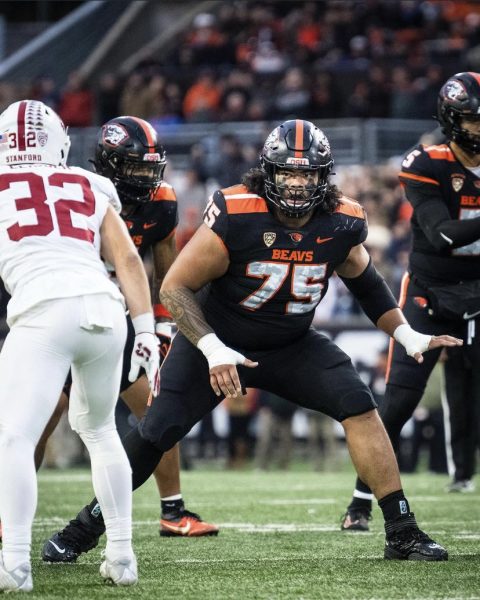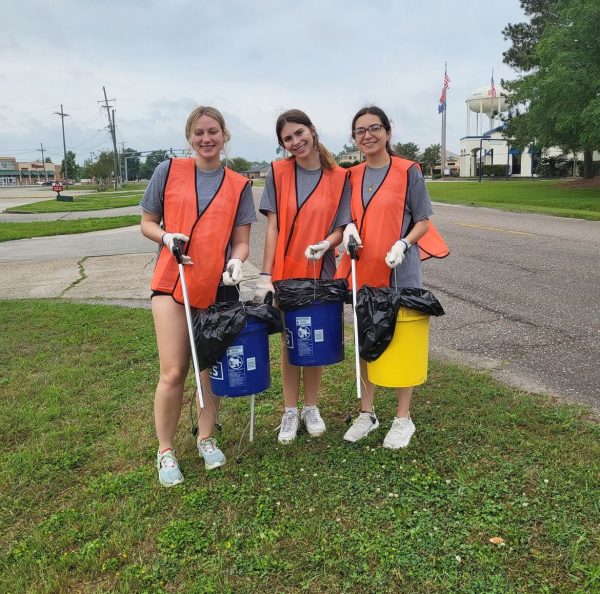Pivotal for students to exercise right to vote
By the time this is published, votes from the midterm elections will have been counted and many will be happy to not see political ads taking up most of the commercial space between their favorite shows. However, it is likely that many college students didn’t go to the polls on Election Day.
As students, we are conditioned to block out anything that doesn’t allow us to focus completely on our studies—only allowing for social events to pierce that bubble. However, our right to vote comes with the duty to actually make the effort to not only go to the polls, but to also be an educated voter. Unfortunately, voting apathy is not prevalent among young people.
Voter apathy is perceived as a lack of caring about elections. Psychologists have linked voter behavior to the way that voters see the parties, the candidates and the issues in an election.
Other voters are simply too lazy to get out and vote, or they go to the polls and pick the first candidate on the ballot. Worse still, some voters lose their patience as they work their way down the ballot. By the time they are at the end, they are marking anything just to get it over with.
All too often, we have heard young people say that they do not exercise their right to vote because they do not feel that their votes actually count, or do not feel that their voices will be heard. If this is not the sentiment that is felt, young people are simply not educated about the issues that directly affect them.
According to official government data, the 2012 Presidential Election saw a modest 58.2 percent of eligible voters turnout on Election Day. This is lower than the 61.6 percent that went to polls in 2008 when President Obama was first elected. If people aren’t turning out to decide who is going to run the country, how can we expect young people to care about statewide or local midterm elections?
The problem lies in a lack of knowledge about the inner workings of our government. It is tough to argue that in the grand scheme of things any one person’s vote has a large impact in any sizeable election, but more than 40 percent of people refusing to vote has significance. The United States is a representative democracy. We elect officials to make decisions for us. Choosing not to make a decision on who represents us is choosing to relinquish the right to complain about the decisions that are made.
We, college students need to realize that we play a large role in the democratic process. We need to believe that what we say matters because elected officials must be held accountable whenever they are not representing our best interests, whether that be at the local, state or national level. Our voice is heard when we choose not to re-elect that official.
We need to take ownership of our government. As it says in the Declaration of Independence, this is a nation for the people, by the people. We are failing ourselves if we fail to vote to shape the government in the way that best suits our interests.
In two years’ time, when the next Presidential Election rolls around, remember that you lose your right to complain about who is chosen if you didn’t exercise your civic right to vote. Remember that you send a message when you vote, and you send a message when you don’t. Choose to send the right message.











